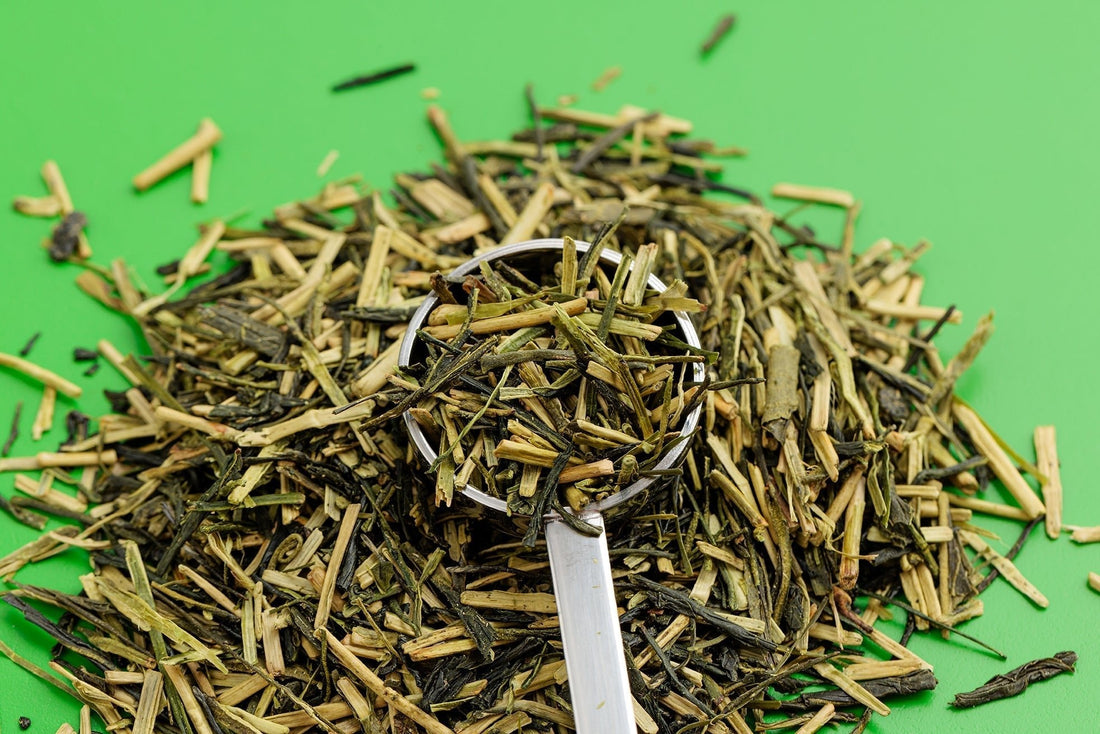
3. Tannins: The Secret Ingredient You Didn’t Know About
Tannins are naturally occurring compounds in tea leaves often associated with the astringent/bitter quality of strong tea or wine. In kombucha brewing, tannins contribute complexity and a crucial component to the fermentation process. Let’s dive into what tannins are, how they influence kombucha’s flavour, and why finding the right balance of tannins is key to creating a smooth, delicious brew.
What Are Tannins?
Tannins are a type of polyphenol, which is a natural compound found in various plants, including tea leaves, grapes, and oak bark. Known for their astringent quality, tannins give that slightly dry, puckering sensation on your tongue—something you might notice in black tea or red wine. This quality isn’t just about mouthfeel; tannins are also rich in antioxidants, making them valuable for health as well as flavour.
In kombucha, tannins interact with the SCOBY (Symbiotic Culture of Bacteria and Yeast) in fascinating ways. They provide an important nutritional source for the bacteria and yeast, which are essential in transforming sweet tea into kombucha.
How Tannins Affect the Brewing Process
When tea is steeped, tannins are released into the liquid along with other compounds like caffeine and amino acids. The presence of tannins in the tea impacts flavour and fermentation. Tannins add a complexity to kombucha, with bitter notes and tartness. Tannins nourish the natural fermentation culture, providing a steady environment for the bacteria and yeast to thrive. Balance is essential which comes through in tea selection and the steeping process. Too many tannins and the flavour can be overpowering, whilst too few can cause the kombucha to lack that crisp finish and mouthfeel.
The next time you take a sip of kombucha, take a moment to appreciate the subtle, yet impactful, presence of tannins. These small compounds make a big difference, contributing to every bottle.
